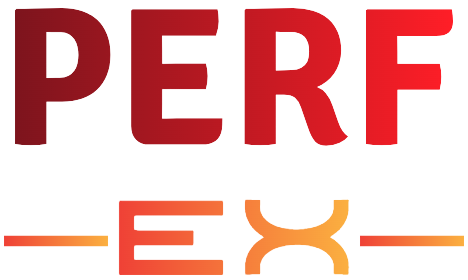
In today’s dynamic financial landscape, traditional assets like property are undergoing a transformative shift, as a result of the revolutionary technology of blockchain. Property, once deemed illiquid and slow to understand, has become experiencing a paradigm shift, unlocking new realms of possibilities through the innovative notion of real-world asset tokenization. Real-estate tokenization introduces a groundbreaking approach, where each security token represents a fractionalized stake in the ownership of a property. This game-changing method has not just attracted small-scale investors but has additionally spurred unprecedented liquidity in the global real estate market. Smart contracts, the backbone of tokenization, have automated various tasks that have been traditionally manual and time-consuming. Processes such as document verification, underwriting, compliance, and securities management are seamlessly executed through code, eliminating the requirement for human intervention. Browse the below mentioned site, if you are hunting for additional information about tokenization of real world assets.
This automation not merely enhances productivity but additionally accelerates settlement processes, saving both time and money. Real-estate, historically plagued by non-disclosure and insufficient transparency, finds a remedy through tokenization. Blockchain technology records every transaction detail securely, including date, time, parties involved, payments, and contractual terms. This decentralized and tamper-proof ledger ensures that stakeholders and investors have quick access to comprehensive information, proving ownership and fostering trust within the ecosystem. Real-estate tokenization breaks down the original barriers to entry, making it accessible to a broader audience. By dividing ownership equity into smaller, tradable parts, it enhances the likelihood of a property sale. Investors take advantage of valuable security tokens, earning income through rent and enjoying perks such as for example dividends, voting rights, and equity appreciation. This democratization of assets ensures that even smaller traders can diversify their portfolios without hefty capital commitments. Tokenization leverages smart contracts to eliminate third-party costs associated with property transactions.
Brokerage fees, lender charges, closing costs, legal fees, and appraisal expenses are reduced to zero. Acting as a decentralized broker, smart contracts streamline the method, enhancing efficiency and reducing friction among multiple parties involved in deals. Real estate’s historical challenge of slow liquidity is effectively addressed by tokenization. Previously hindered by multiple stakeholders and conflicting regulations, the marketplace gains newfound liquidity as global investors access properties through secondary markets. The faster conversion of real-estate assets into cash not just boosts their value but additionally opens avenues for premium market purchases. The tokenization of real assets stands as a game-changer, reshaping the investment landscape and democratizing opportunities. Asset tokenization companies have reached the forefront, offering services that redefine how investors engage with the market. As this transformative trend continues, overcoming practical and legal challenges will undoubtedly be crucial, ensuring a safe and efficient environment for the seamless settlement of property transactions. The era of real life asset tokenization has arrived, unlocking a new era of financial accessibility and chance for all.








